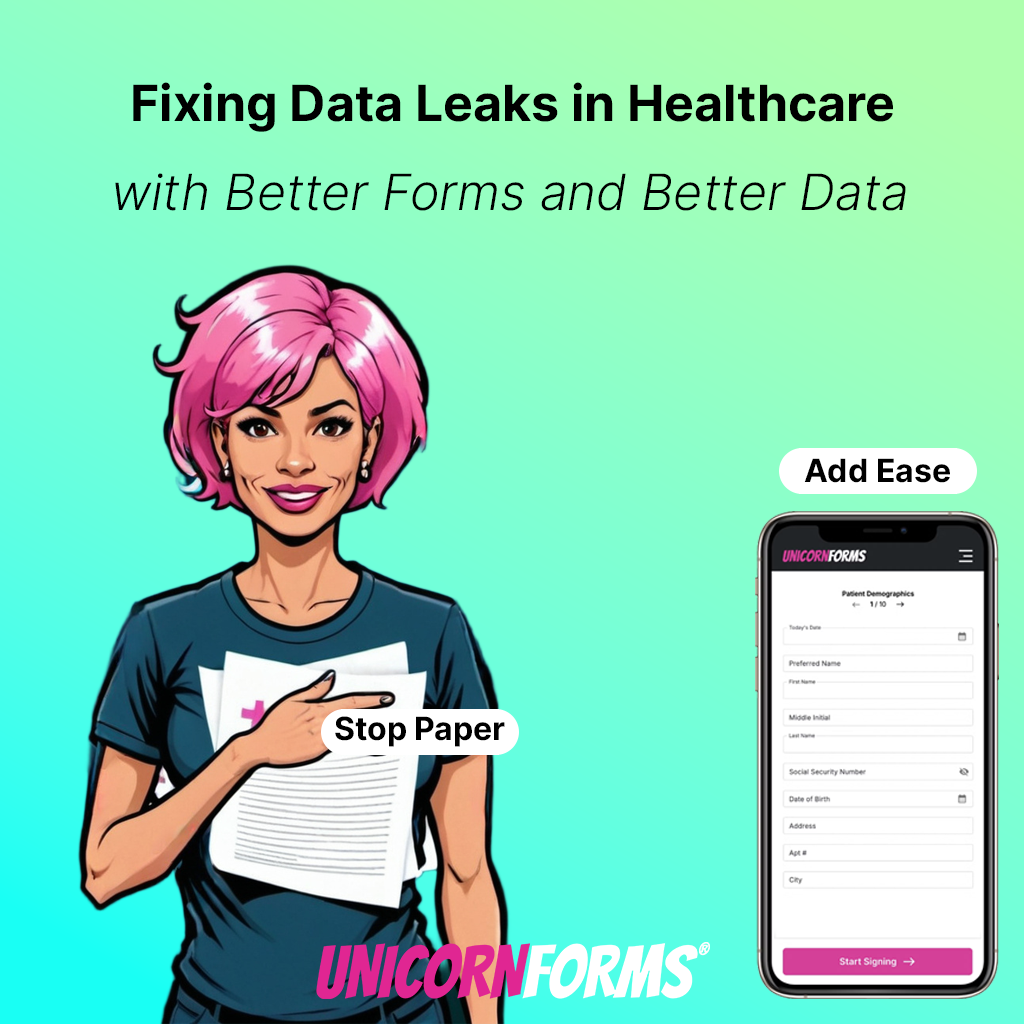
Welcome to the wild world of healthcare data, where patient info is as precious as unicorn dust—and just as hard to find! If you’ve ever wondered why the healthcare industry keeps topping the charts in data breaches, let’s dive into the juicy details.
Spoiler alert: it’s not just about the tech (but yeah, that too).
Think of your health records as the ultimate prize. They’re like the deluxe combo meal of personal info: Social Security numbers, medical histories, billing data, you name it. Cybercriminals adore it because it’s way more valuable than credit card numbers. They can use it for identity theft, insurance fraud, or even some next-level blackmail schemes. Yikes!
Healthcare tech is kind of like that friend who still uses a flip phone, and not just because it’s cool or they are trying a digital detox. Many systems running hospitals and clinics are older than the memes your grandparents post. Legacy software, often used to manage electronic health records (EHRs), is more vulnerable to cyberattacks because it may no longer receive regular security updates. In other words, outdated software = juicy targets for hackers.
Not all threats come from sneaky hackers in hoodies. Sometimes it’s good ol’ human error. Whether someone accidentally clicks the wrong link or decides to sell data on the side, insider threats are a big deal. And with so many people accessing patient info daily, mistakes are bound to happen, despite healthcare professionals doing their absolute best.
And yes, Post It notes on your screen still happen!
Healthcare organizations are basically giant spiderwebs of hospitals, clinics, labs, and insurance companies. All these interconnected systems create endless entry points for cybercriminals. Add in third-party vendors (hello, billing and IT services), and you’ve got a recipe for chaos if even one link in the chain isn’t secure.
Imagine you’re a doctor racing between patients while juggling 1,000 tasks. Are you going to pause to create a perfect 16-character password or just reuse the old “Password123”? Healthcare pros are under intense pressure, and cybersecurity often takes a back seat. Plus, tight budgets mean less money for things like training and shiny new security tools.
Good news: it’s not all doom and gloom. Here’s what healthcare can do to plug the leaks:
The bottom line? Protecting patient data isn’t just about avoiding fines or bad press—it’s about trust. Healthcare organizations, it’s time to step up and secure the unicorn dust!
Get in touch and we’ll help you with both your front desk and back office challenges. All of our plans are HIPAA compliant!